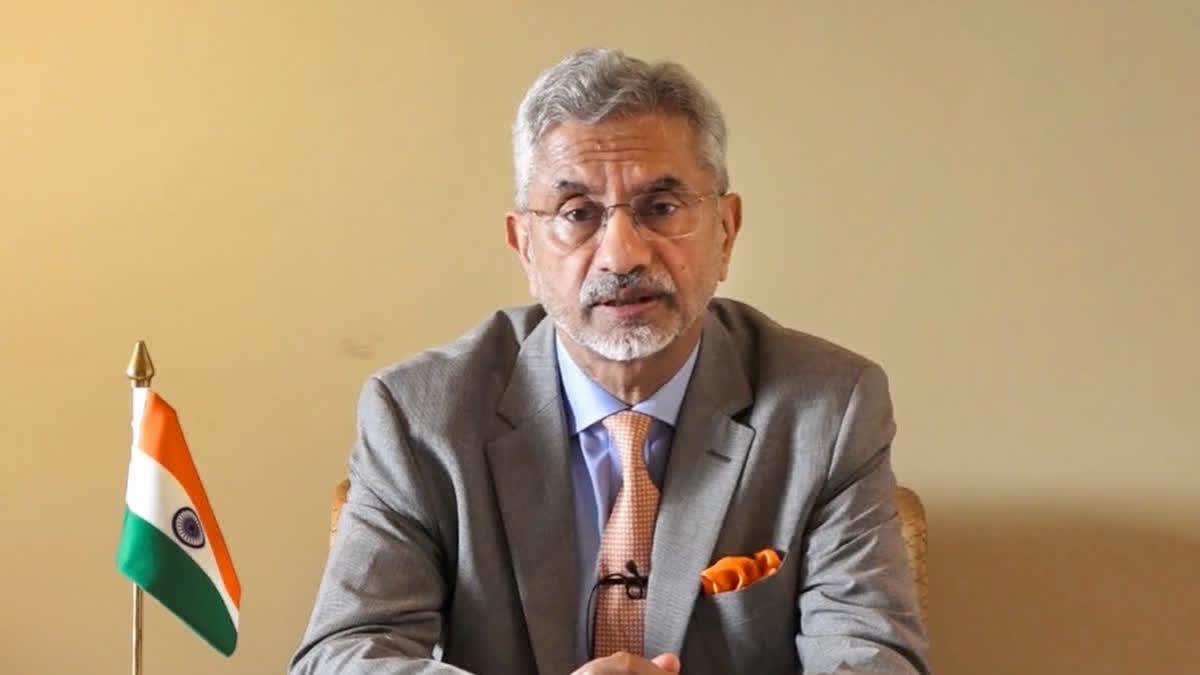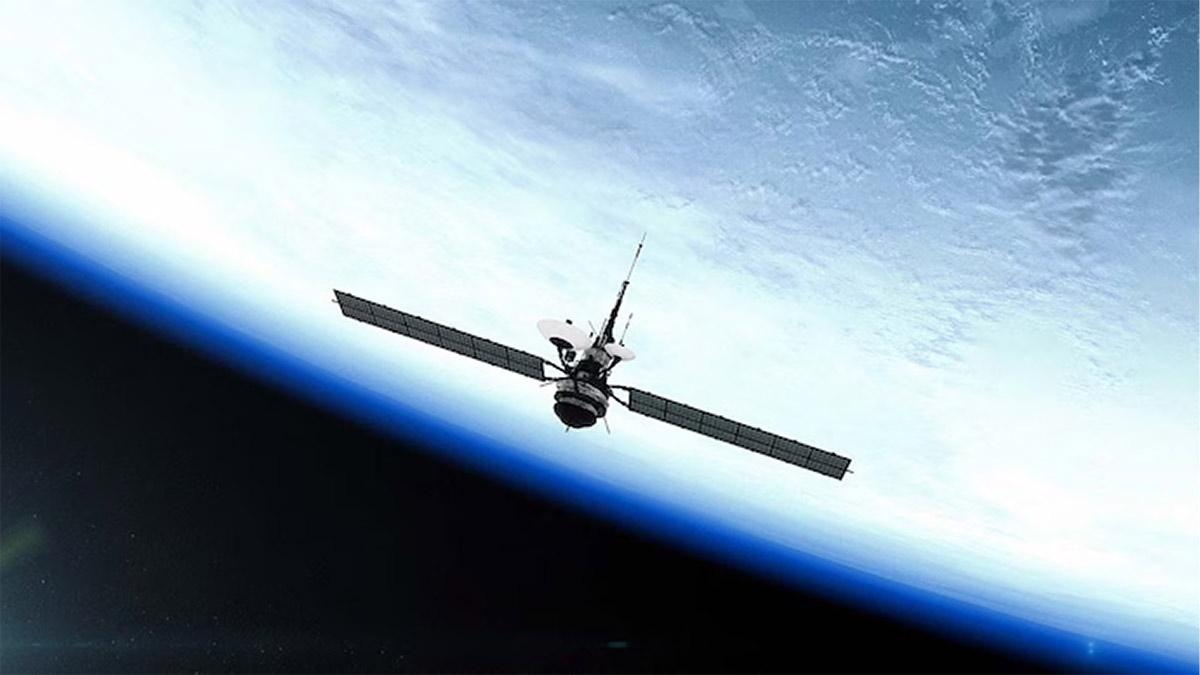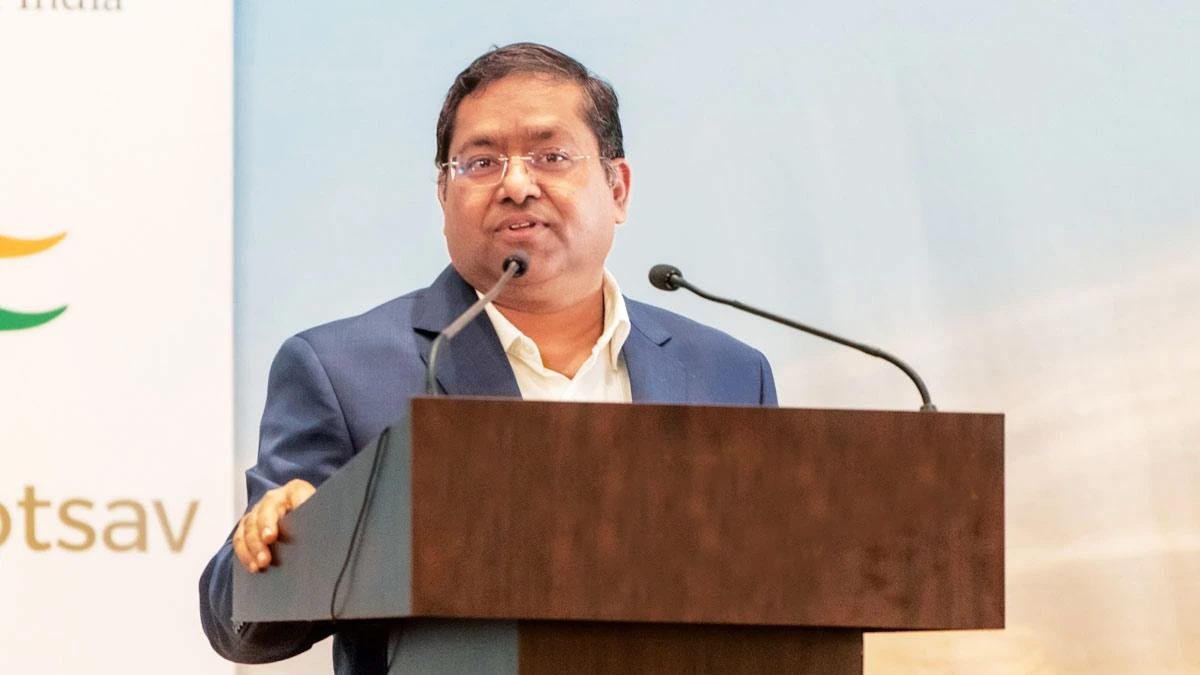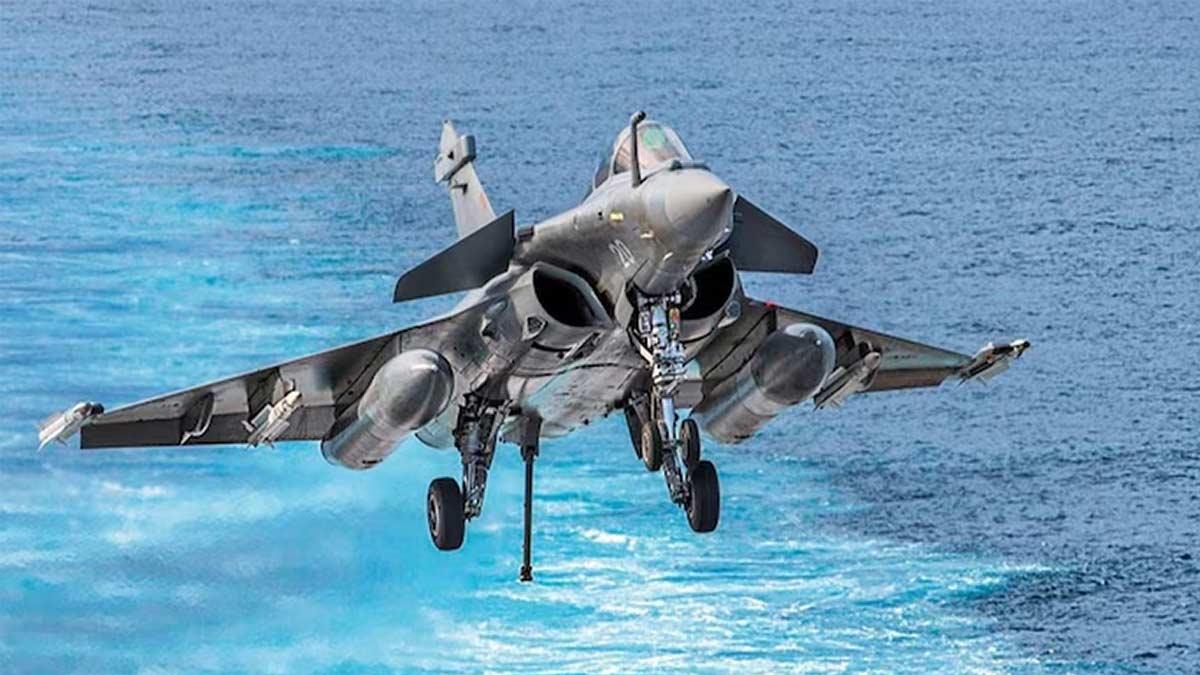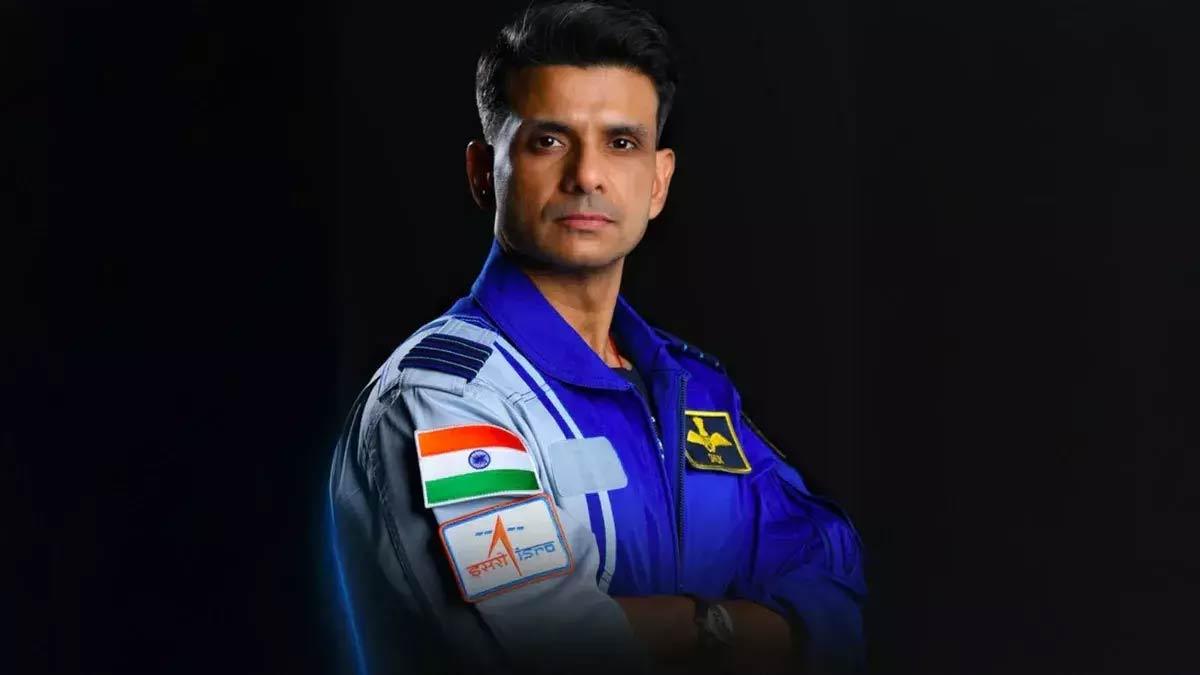As US President Donald Trump ratchets up tensions with BRICS, warning the group of 100 percent tariffs for helping to erode the dollar's global strength, India has reaffirmed its allegiance to the bloc.
India pointed to its original membership and highlighted its continued efforts to raise international awareness of BRICS activities.
In a Parliament statement, External Affairs Minister S. Jaishankar strongly defended BRICS, contending the grouping represents the common interests of its members and seeks to make global conversation and leadership more representative and inclusive. He explained, “BRICS, a platform that has grown in membership and agenda over the last two decades, is our endeavour to enhance understanding of its activities among the international community,” in response to a written query in the Lok Sabha regarding Trump’s tariff threat.
But India clarified its stand regarding the ongoing spat between Trump-BRICS on the issue of de-dollarisation. India dissociated itself from any move to discredit the dollar or float a common BRICS currency. As Jaishankar has already opined in the past, targeting the dollar is not part of India's economic, political, or strategic policy, and this message has been conveyed firmly to US authorities during bilateral talks.
Understandably, as countries at various stages of development, income, and with their respective national interests, BRICS members have different perspectives on issues of the day," Jaishankar said, responding to queries on Trump's tariff warnings and the internal divergences within the group. He also made it clear that BRICS discussions and deliberations are about convergence to shape the world order, with the sub-text being a commitment to multi-polarity.
Trump earlier said that BRICS was "dead" when he threatened last month to impose the 100 percent tariff, aimed at the group's operations. In his reaction, Jaishankar underscored the platform's growth and development since it was created in 2006. Initially created by Brazil, Russia, India, and China, BRICS added South Africa in 2010 and currently has 11 full members and 9 partner nations. Jaishankar pointed out that this enlargement and the increasing interest from potential new members are evidence of the group's importance.
He also spoke about the different issues that BRICS is dealing with, such as reforms in the United Nations Security Council (UNSC), and also pinpointed the role of the group in addressing issues of global challenges. Prime Minister Narendra Modi has also employed BRICS as a platform to voice India's concerns about terrorism and demanded more unity among the member states with regards to the issue.
Besides economic issues, Jaishankar added that BRICS also discusses regional political issues on a regular basis, including the peaceful settlement of the war in Afghanistan, a permanent ceasefire in Gaza, the situation in Lebanon, the humanitarian crises in Sudan and Haiti, the conflict in Ukraine, and the territorial integrity of Syria. Such discussions highlight BRICS's increased involvement in global political challenges.

